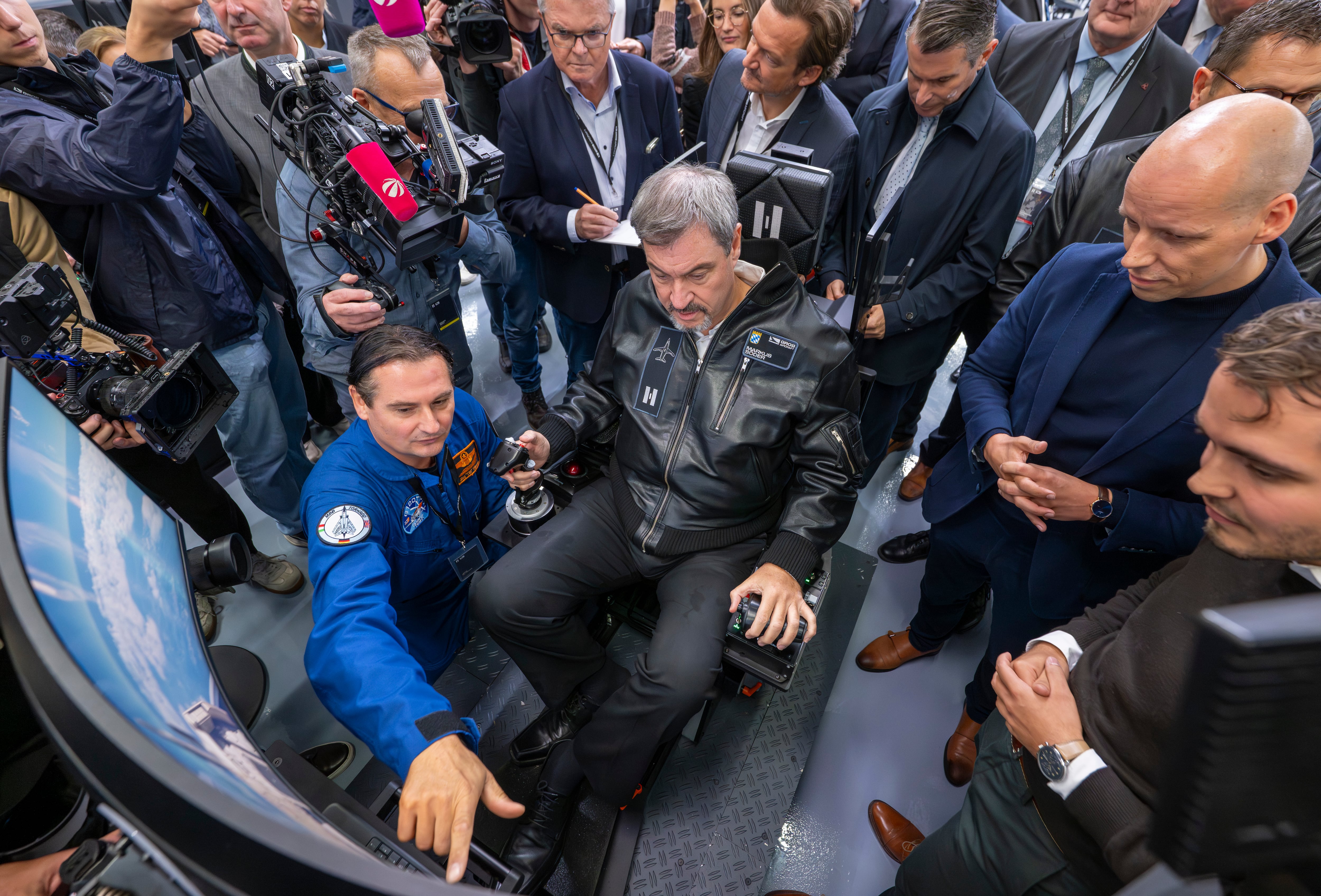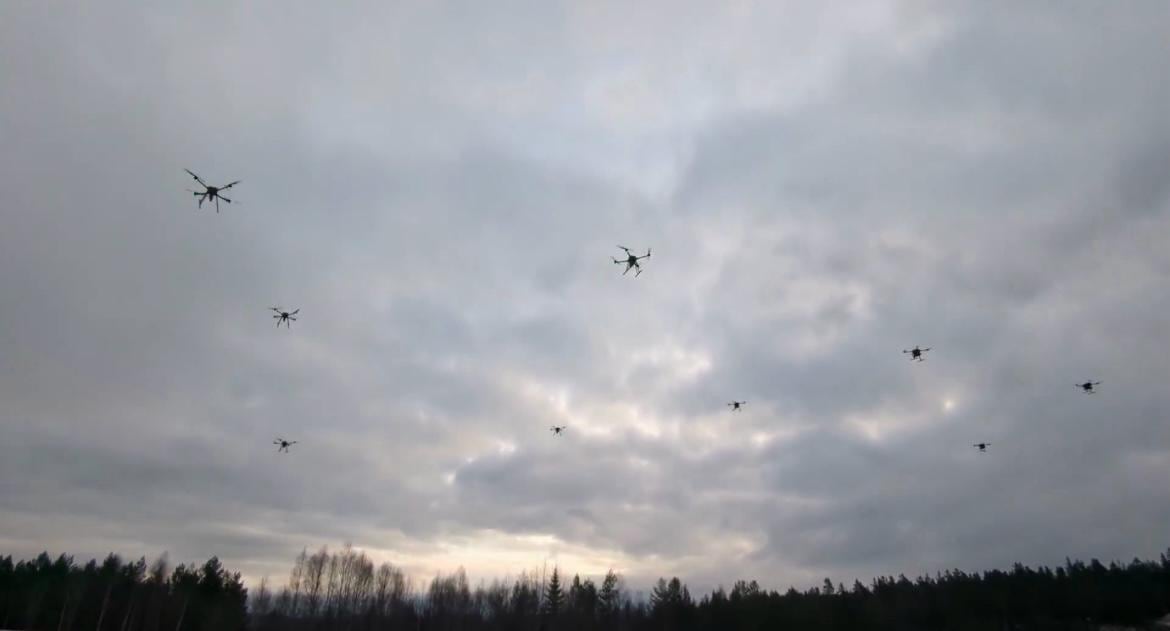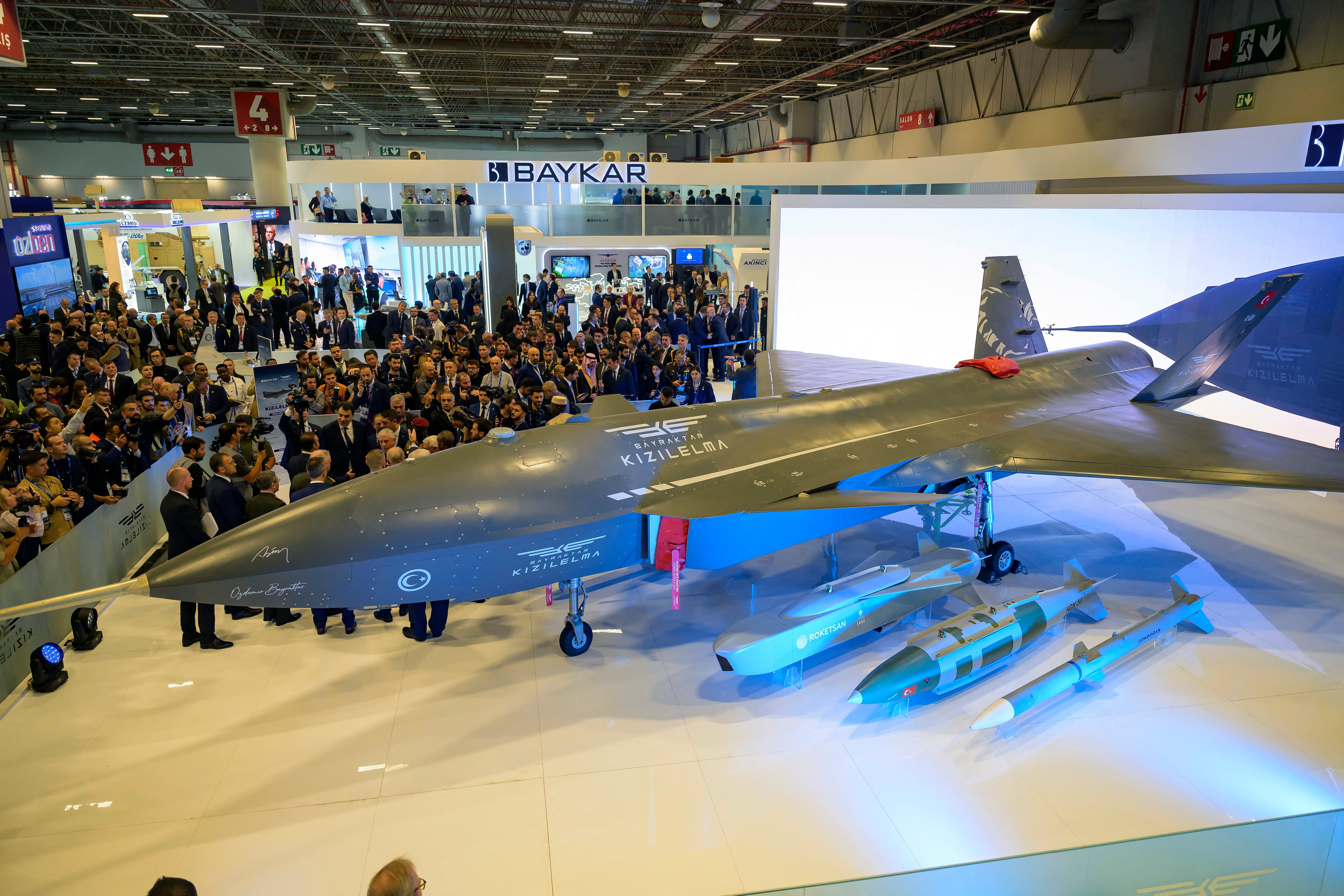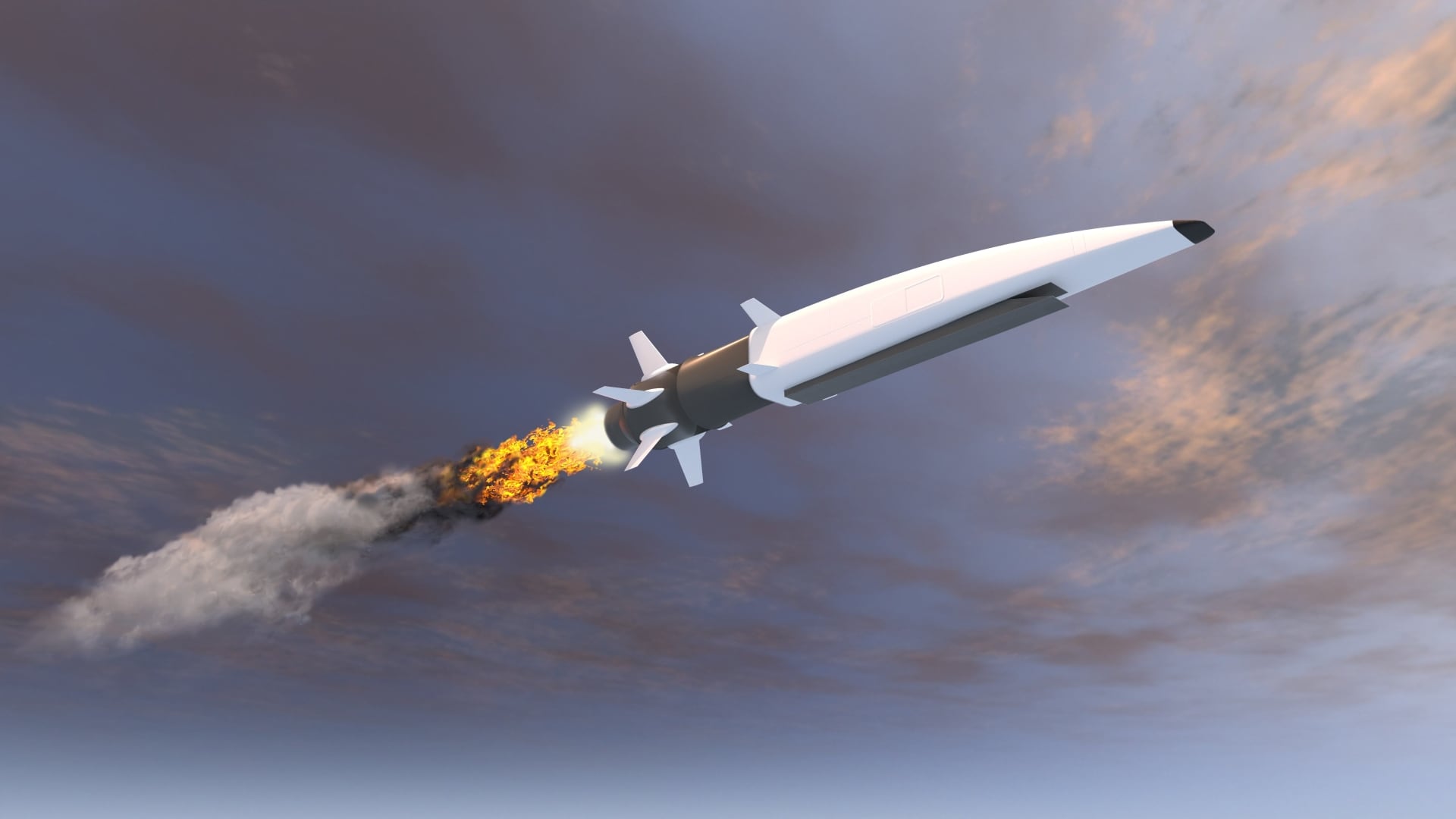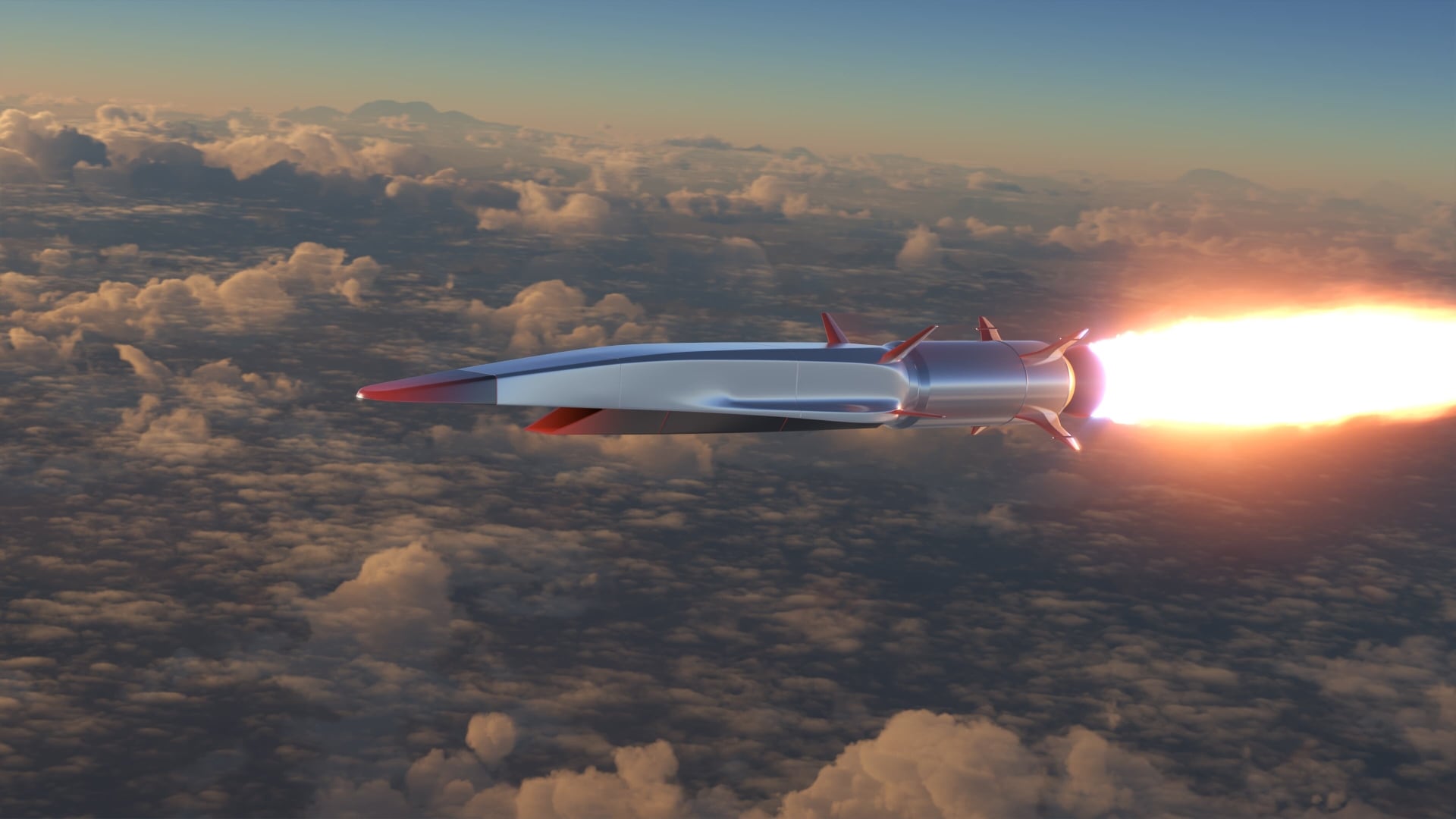The Air Force will see two major satellites launched from Florida in late July following the delay of an advanced anti-jamming communications satellite launch in June.
The first launch will be the fifth Advanced Extremely High Frequency satellite.
The AEHF satellite system provides highly secure, anti-jamming communications for the military. This will be the fifth of six satellites in the AEHF constellation. Built by Lockheed Marton, each AEHF satellite provides more capacity than the entire Milstar system, which they are meant to replace.
That satellite’s launch was originally slated for June 27 on an Atlas V rocket, but a battery failure was discovered during final processing a few days prior to the launch date. The launch was delayed to allow for reevaluation and replacement of the problem battery. It has now been rescheduled for July 17 at Cape Canaveral Air Force Station.
July 25 will mark the second major satellite launch, as the second GPS III satellite is launched into orbit on a Delta IV rocket.
The GPS III satellites are more accurate than their predecessors and have anti-jamming capabilities. The first GPS III satellite was launched in December 2018. The Pentagon has contracted for 10 GPS III satellites, and has already begun ordering GPS III Follow On satellites from Lockheed Martin.
RELATED
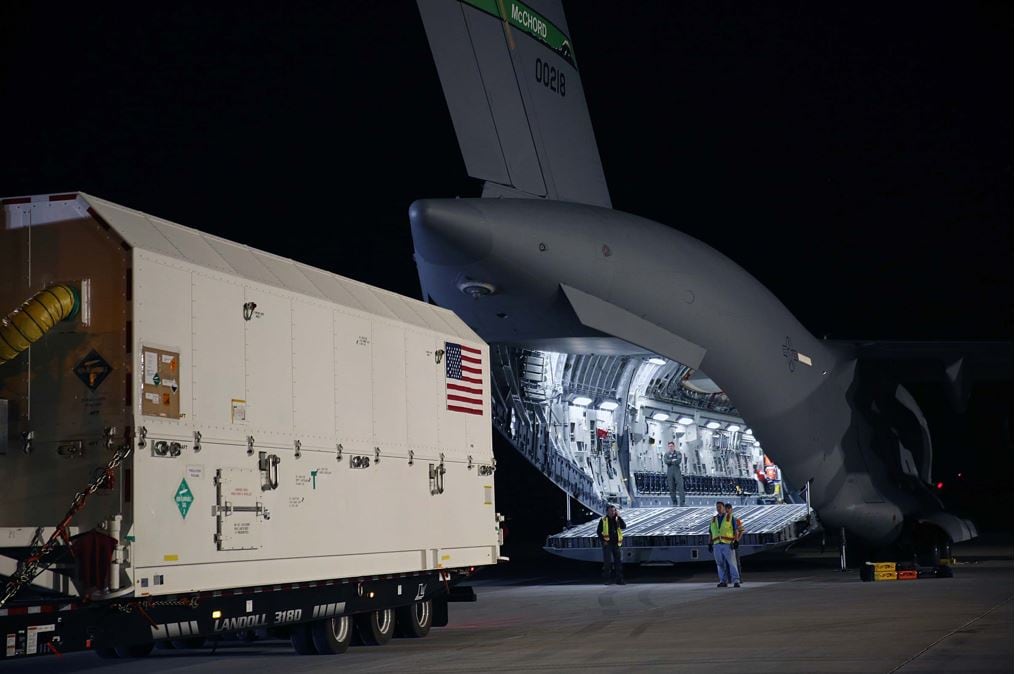
The company has also announced that the third GPS III satellite is officially available for launch and is now awaiting a launch date.
“GPS III SV02 is launching just a brisk seven months after the nation’s first GPS III satellite lifted off back in December. The first satellite’s performance during on-orbit testing has exceeded expectations,” said Johnathon Caldwell, Lockheed Martin’s vice president for navigation systems.
“More GPS III satellites are coming. If you looked at our production line back in Denver today, you would see GPS III space vehicles 04, 05 and 06 already fully assembled and in various stages of testing," Caldwell added. "And space vehicles 07 and 08 are being built up at the component assembly level now. It is a smooth, efficient, methodical process.”
Nathan Strout covers space, unmanned and intelligence systems for C4ISRNET.


